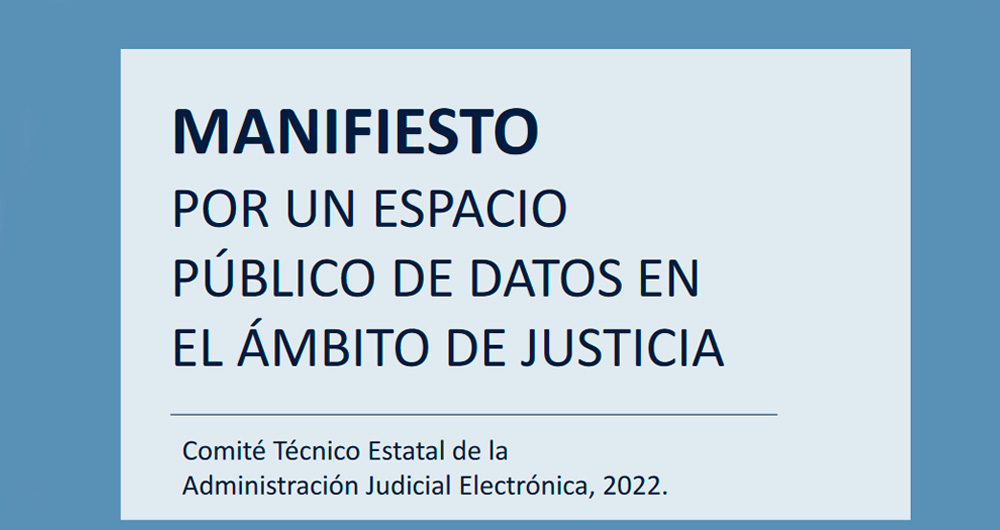11 posts found
Explainable artificial intelligence (XAI): how open data can help understand algorithms
The increasing adoption of artificial intelligence (AI) systems in critical areas such as public administration, financial services or healthcare has brought the need for algorithmic transparency to the forefront. The complexity of AI models used to make decisions such as granting credit or making a…
The role of open data in the evolution of SLM and LLM: efficiency vs. power
Language models are at the epicentre of the technological paradigm shift that has been taking place in generative artificial intelligence (AI) over the last two years. From the tools with which we interact in natural language to generate text, images or videos and which we use to create creativ…
SLM, LLM, RAG and Fine-tuning: Pillars of Modern Generative AI
In the fast-paced world of Generative Artificial Intelligence (AI), there are several concepts that have become fundamental to understanding and harnessing the potential of this technology. Today we focus on four: Small Language Models(SLM), Large Language Models(LLM), Retrieval Augmented Generation…
Aplicación de la Especificación UNE 0079:2023 de gestión de calidad a los datos abiertos
Continuamos en esta segunda entrega de la serie de artículos con la aplicación de las especificaciones UNE. Antes de nada, recordemos que las Especificaciones UNE 0077, UNE 0078 y UNE 0079 introducen las buenas prácticas en el gobierno del dato, gestión del dato y gestión de calidad del dato con una…
Aplicación de las Especificación UNE 0078: 2023 a los datos abiertos
Este artículo constituye la tercera y última entrega de la serie de artículos dedicados dedicado a la aplicación de las especificaciones UNE de Gobierno, Gestión y Gestión de la calidad del dato a la publicación de datos abiertos. Recordemos que lo estamos realizando, aplicándolo al caso ficticio de…
Data and digital transformation in the justice system
The Manifesto for a public data space has recently been published. The document raises the need to reinforce the importance of data in the current digital transformation process in this area. The document has been drawn up within the State Technical Committee of the Electronic Judicial Administratio…
Improving efficiency in the legal sector: LegalTech and data analytics
Digital transformation affects all sectors, from agriculture to tourism and education. Among its objectives is the optimization of processes, the improvement of the customer experience and even the promotion of new business models.
The legal sector is no exception, which is why in recent years…
Technical Standards to achieve Data Quality
Transforming data into knowledge has become one of the main objectives facing both public and private organizations today. But, in order to achieve this, it is necessary to start from the premise that the data processed is governed and of quality.
In this sense, the Spanish Association for Standardi…
Validation of the Royal Decree-Law on reuse of public sector information and open data
Why a Royal Decree-Law?
In the plenary session of the Congress of Deputies held on December 2, 2021, Royal Decree-Law 24/2021, of November 2, on the transposition of several European Union directives, including Directive (EU) 2019/1024 of the European Parliament and of the Council, of June 20, 2019,…
The data in the Digital Charter of Rights
Just a few days ago has been officially presented the Digital Charter of Rights. It is an initiative that has had a wide representation of civil society since, on the one hand, a wide and diverse work team has been in charge of its drafting and, on the other, during the procedure of its prepara…









